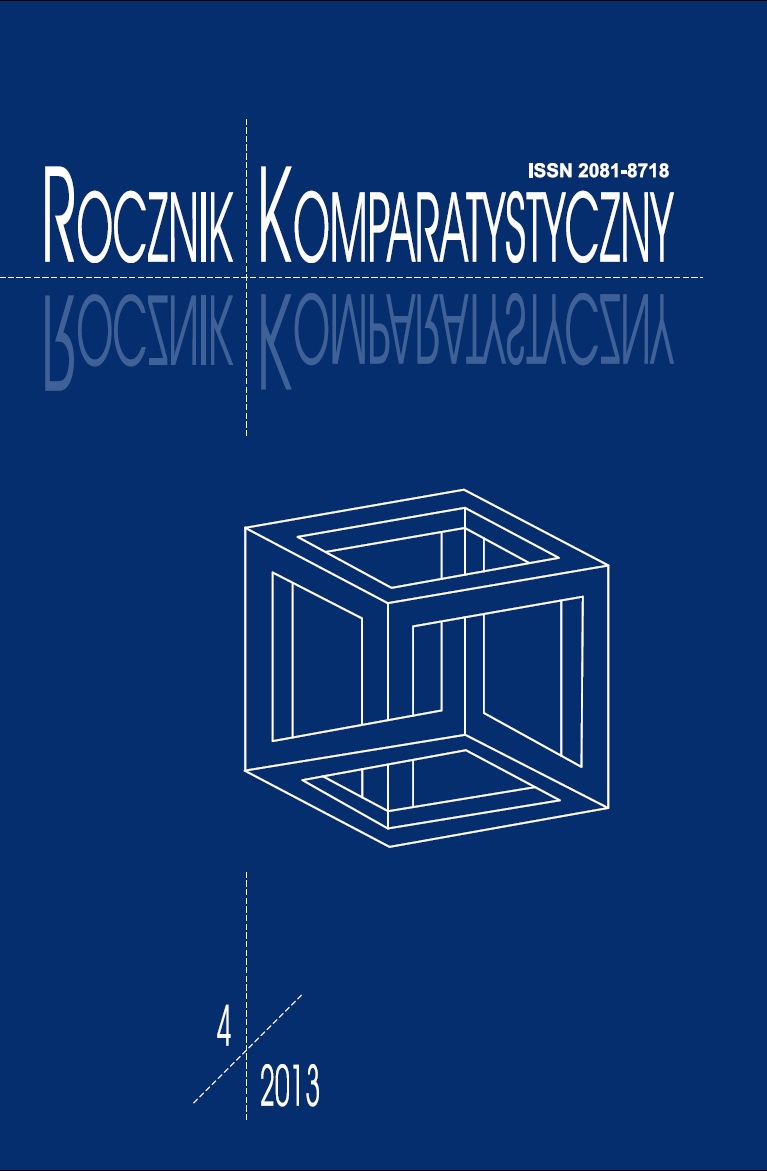Annihilation or Revival? On the Binary Topos “barbaric vs. civilized” in Russian and Polish Poetry at the Beginning of the 20th Century
Annihilation or Revival? On the Binary Topos “barbaric vs. civilized” in Russian and Polish Poetry at the Beginning of the 20th Century
Author(s): Ulrike JekutschSubject(s): Language and Literature Studies, Literary Texts, Poetry, Studies of Literature, Comparative Study of Literature
Published by: Wydawnictwo Naukowe Uniwersytetu Szczecińskiego
Keywords: comparative literature; “barbaric vs. civilized;” Russian poetry; Polish poetry; Valerij Brjusov; Aleksandr Blok; Ludwik Hieronim Morstin; Jarosław Iwaszkiewicz
Summary/Abstract: Dating back to ancient Greece the classic dichotomy of “barbaric vs. civilized” has become a multifunctional topos in European languages and cultures. Constructing a binary between the “self ” and the “other”, the term denotes differences between individuals, nations, races, religions, and even aesthetics. As such this topical binary may be conceived as a rhetorical device, and, depending on the given perspective of a person, group or culture, it can always be reactivated, reconstructed, and accommodated to shifting conditions. The paper describes two mutually interacting fields in which the topos “barbaric vs. civilized” is constructed and functionalized: in the political, where the lines are drawn between nations and civilizations, and in the aesthetic, where the lines are drawn between groups or literary periods in a single culture. The political and aesthetic functions of the binary topos are not mutually exclusive in the works of any author or group, but they may co-exist synchronically or intermittently. The paper outlines this process by analyzing a few examples from the poetry of Russian symbolism (Brjusov, Blok) and Polish modernism (Morstin, Iwaszkiewicz).
Journal: Rocznik Komparatystyczny
- Issue Year: 2013
- Issue No: 4
- Page Range: 39-56
- Page Count: 18
- Language: English

